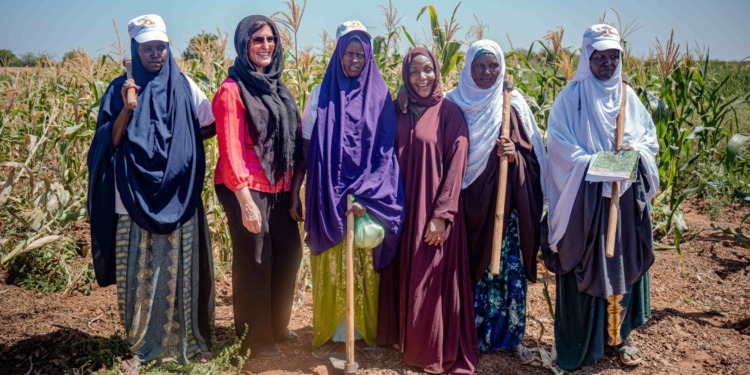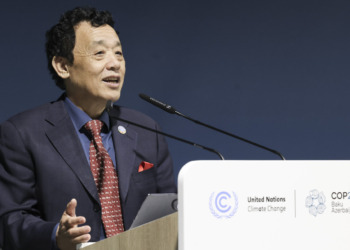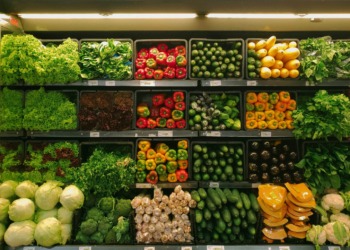The Food and Agriculture Organization of the United Nations (FAO) and the European Union (EU) have teamed up to launch an exciting new initiative. It is aimed at transforming the lives of pastoralists in Eastern Africa.
They have placed €47 million of investment into a four-year programme that aims to directly benefit over 100,000 households across Ethiopia, Kenya, Somalia, South Sudan, Sudan, Tanzania, and Uganda.
A Lifeline for Eastern Africa
Today, living like a Pastor is more than just a way of life. In Eastern Africa, we have over 250M people who see it as a pillar of their cultural and spiritual identity.
Livestock keeping is, on one side, commerce but also a social investment that has provided essential ecosystem services for time to come. Needless to say, this life is now at a crossroads because of the climate crisis and societal norms changes.
PLACE: The Solution
The program created by FAO and the EU is called “Pastoralism and Livestock Adaptation to Climate Change in Eastern Africa Programme.” In short: PLACE. The purpose of the program is to address these challenges.
At the heart of it, we see that this is a very innovative programme that aims to develop sustainable, climate-resilient pastoral systems. The focus is on the environmental, economic, and social dimensions of pastoralism.
“The EU has been a longstanding partner in Eastern Africa, especially in enhancing the resilience of pastoral livelihoods. We welcome this timely programme as the region’s rangelands face increased incidence and severity of climate-related shocks and a gradual degradation of the natural resource base, which is further threatening the pastoral way of life,” said Rein Paulsen, FAO’s Director of the office of Emergencies and Resilience.
Related Articles: Seeds of Change: The Revolution of Regenerative Agriculture | How Does Climate Change Affect Agriculture? | Regenerative Agriculture as a Carbon Solution Powerhouse | Informed Farmers Are Successful Farmers | Can Massive Use of Locusts at Scale Help Reduce Their Threats?
Big Issues and How They Are being Dealt With
The new program, PLACE, is to be rolled out across four major cross-border areas: the Bahr el-Arab, Karamoja, Mandera, and Mara-Serengeti Clusters.
Here is how it will make an impact on the local population:
- Strengthening Land Tenure Systems: It will essentially ensure that pastors have secure rights to their land.
- Reducing Greenhouse Gas Emissions: Simple promotion of eco-friendly practices.
- Preserving Biodiversity and Natural Resources: The aim here is to protect the environment for future generations.
- Building Strong Local Economies: It will foster growth within the livestock sector.
- Reducing Resource-Based Conflicts: The focus is on finding peace and stability for all.
- Creating Jobs: There is a big focus on this point, especially on creating jobs for women and young people.
A Holistic Approach
Ultimately, PLACE has a holistic approach, which ensures that the programme is not just about immediate relief but also about sustainable, long-term growth.
The aim for FAO and the EU is to improve living conditions, ensure fairness and inclusivity, and amplify the voices of pastors. All this while keeping an eye on gender and youth inclusion — a key aspect of ensuring a successful future of the program.
Certainly, this initiative can bring hope to these pastoral communities in Eastern Africa. It seems that they can be a promising program that shapes a more resilient future for the various local traditions. We will keep an eye on PLACE and see if it makes any substantial impact across the region!
Editor’s Note: The opinions expressed here by the authors are their own, not those of Impakter.com — In the Cover Photo: FAO Deputy Director-General, Beth Bechdol, (2nd from the left) and OCHA Assistant Secretary-General for Humanitarian Affairs and Deputy Emergency Relief Coordinator, Joyce Msuya (4th from the left), meeting rural women during their field visit in Somalia. Cover Photo Credit: FAO.










